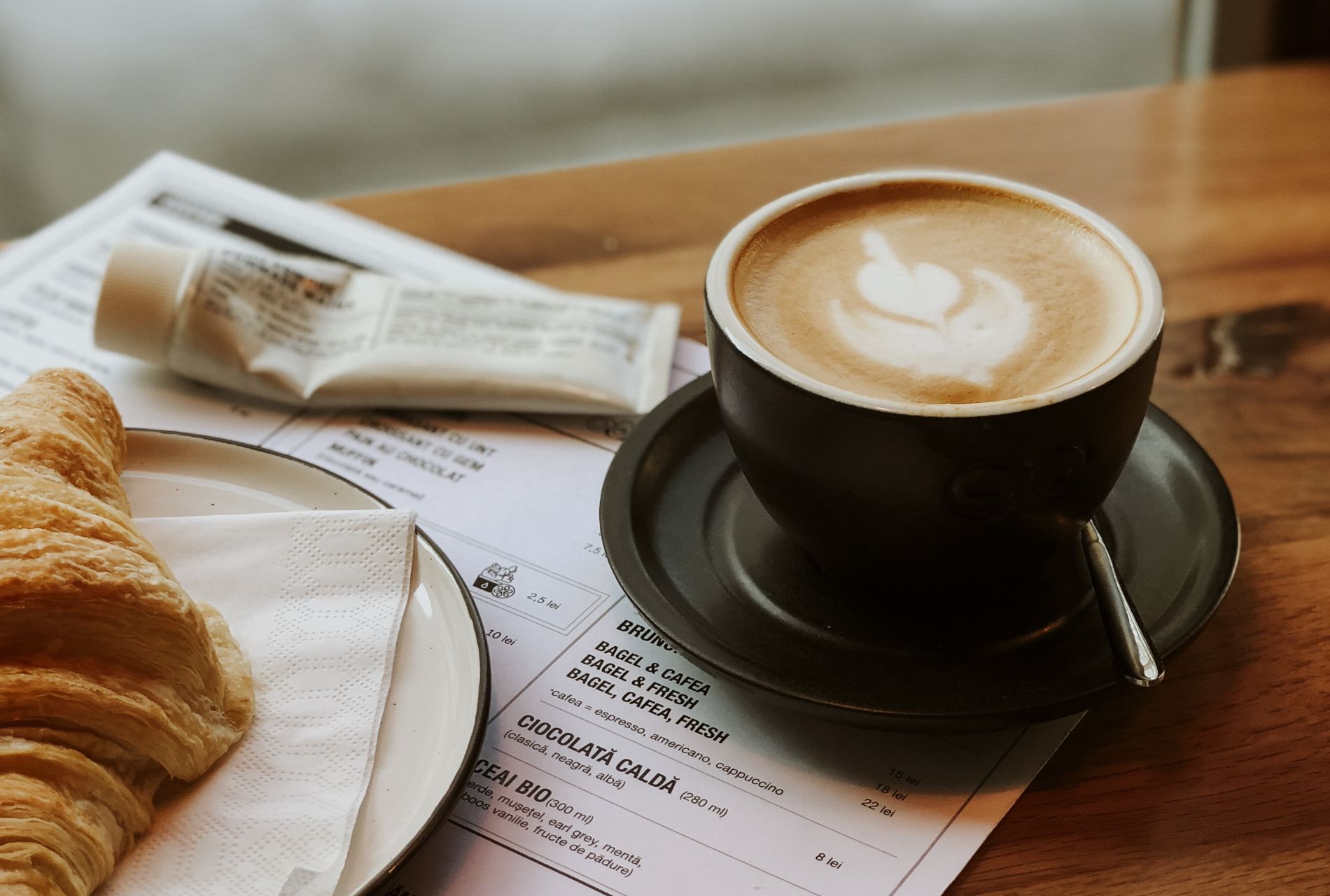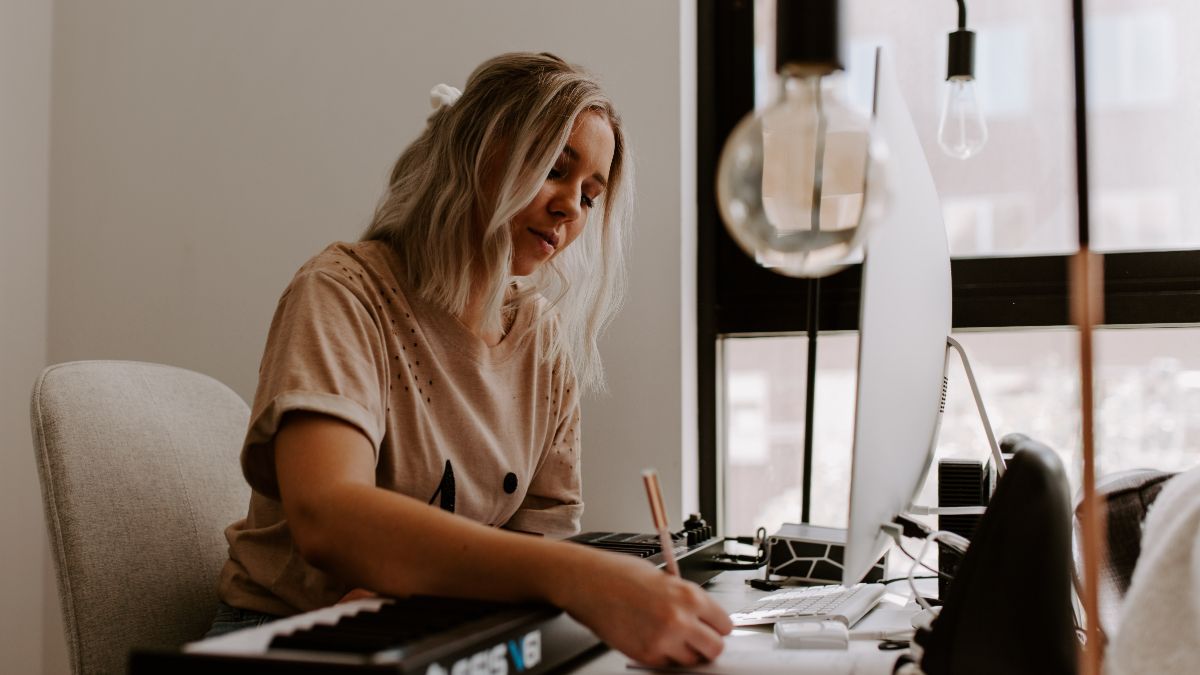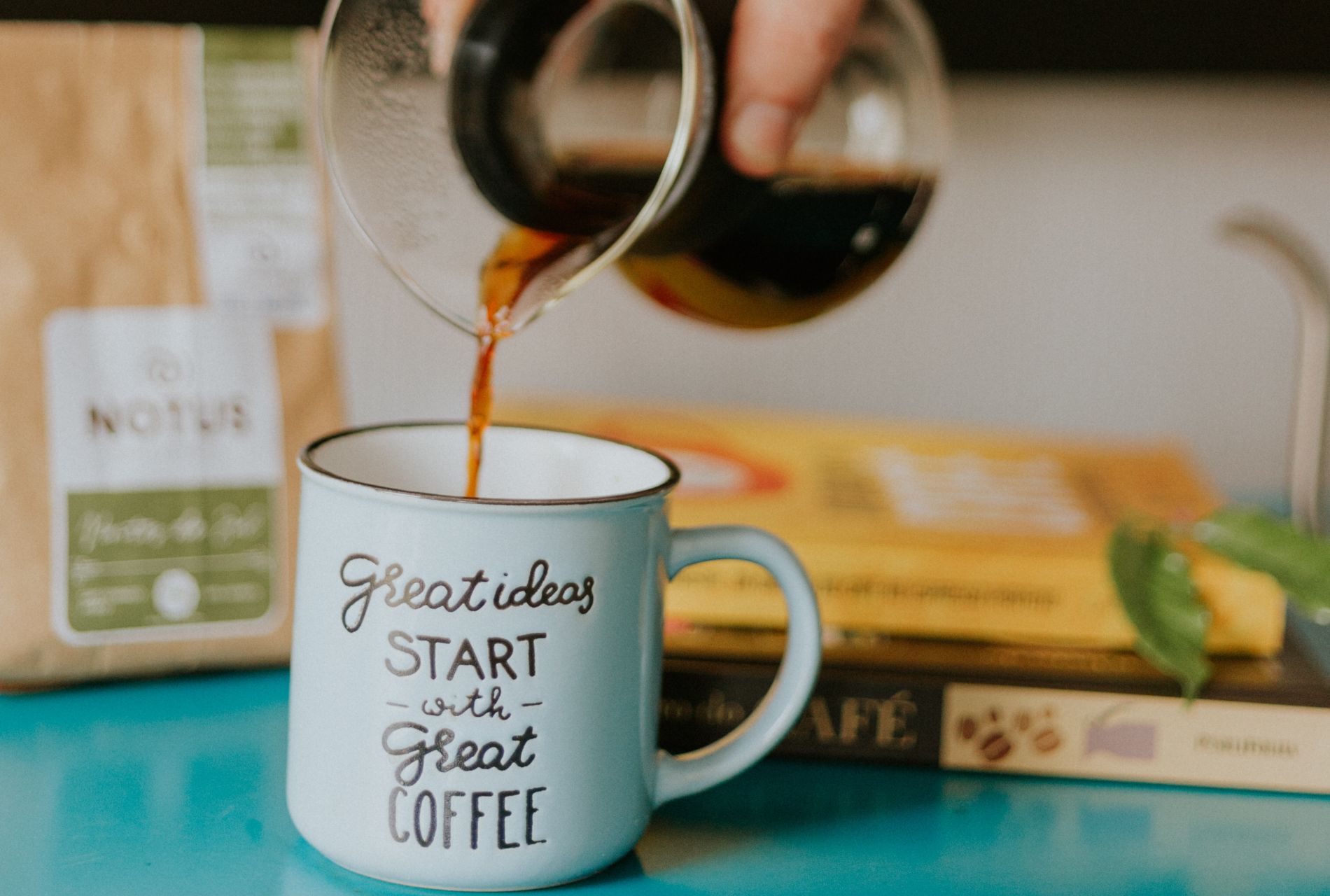I know, this is a question you were dying for me to answer.
You ask, Fab delivers.
Firstly, I had to change the scope of this post slightly, as I realised that not everyone is extremely productive in the morning —I mean, not everyone works 8 until 3, right?
As I researched around the internet, Trello’s blog gave me some rather interesting insights on the matter.
Like anything in nature, humans run in cycles.
The growing body of research on ultradian rhythms — 90–120-minute cycles that run within the 24-hour circadian day — suggests that our day is driven by cycles that affect how alert and productive we are.
At the beginning of the cycle, we experience heightened energy and focus, and at the end, we may feel scatterbrained and fatigued.
Is your computer crashing from the million tabs you have open? Likely, you are right in that energy valley.
These guys take a highly analytical approach to the matter (including spreadsheets and metrics), nevertheless by now you should have an idea which tasks they are smashing in the morning, and what keeps them going after the 3 pm slump.
Essentially, it’s up to you to make the most of your day and to learn when you work and feel your best. Brian Tracy calls this your prime time:
“Your internal prime time is the time of day, according to your body clock, when you are the most alert and productive.”
“Find certain things you know you should do, don’t like to do, or make excuses to avoid, and then do them every day or every other day, and then it just becomes a habit.” — Army four-star General Stanley McChrystal
I am a morning type of gal.

In the afternoons simply give me crosswords and pretty painting works — please and thank you.
I had, therefore, to think about how to make the most of the first 2 hours I am up and running.
Once you find your most productive/inspired time, you want to make sure you know how you make the most of it.
Mike Vardy, productivity writer, speaker, and podcaster, says on his social media:
“Look, I’m a night owl — and proud of it. Why? Because despite having many say that my sleeping habits make me less likely to achieve, I prove them wrong. I don’t just do that every once in awhile. I do it every single day.”
Basically, you do you, boo.
For me, understanding how to keep myself inspired and overall make me feel productive and creative is key. Therefore, my mornings are a combination of meditation, journaling, card reading, and writing.
This basically combines the best of both worlds.
Meditation, journaling, card reading are an essential part of my morning. I have been neglecting my whole whoo-whoo practices, and I noticed a sudden overwhelm and general tension or anxiety lurking in.
As most people say, to each their own coping mechanism.
To me, heading to my happy place, writing down thoughts and ideas and checking in is a way to set me up for the morning — and encouraged other ‘emergency’ meditations if required. Even before coffee, I make sure I cover all my spiritual grounds.
This routine takes me 15 minutes, and that’s literally all I need.
You don’t need a lengthy meditation routine.
Yoga, meditation, journaling, reading or a quiet walk — focus on the outcome, not the practice to get the most out of this special time where you can focus on yourself and center on your heart’s content.
In a 2018 study showcasing the morning routines of over 300 successful people, it was shown that one of the most important pieces of their days is an adaptable morning routine.
We aren’t always in control of our surroundings or amenities, especially when we travel and have unpredictable schedules. Morning mindfulness meditation is something that can be done anywhere: in bed, sitting in a taxi, on a plane, or while waiting for your breakfast smoothie to blend.
Fellow entrepreneur Lauren Barber uses this as a compass to set herself up for a successful week
“I look at all the things I want to create and achieve in the week ahead and from that I create my intention list for the week.”
How to fit creativity in your schedule

Most time it is creative writing, and at times it’s pure and simple writing. However, writing needs the right conditions to be effective. Let’s face it.
When you physically and mentally feel in a conundrum, forcing yourself to fake it is as unhealthy as repeating to yourself you are okay.
Still, I got my mojo back — hooray — so before I deal with emails, course updates, tech blips, and glitches, I spend 30/40 minutes writing. The truth is, I had to delete one-third of my phone apps to get there, but it was worth it.
Writing is my second ‘therapy’, and it has supported me for over 16 years. If it ain’t broke, don’t fix it.
Despite being always highly fascinated by things such as the 5AM Club or the 6-Minute Miracle Morning, I realised I need to prioritise what works for me as an individual.
Seriously, less is more.
Also, if you work on your own thang it’s likely that you’ll need some breaks during the day anyway to regroup, sweat, set goals and whatnot. Because you are a human, not a robot.
However, I make sure my most productive 90 to 120 minutes are spent catching up with my boyfriend, sipping coffee, clearing my mind and working my magic on paper.
As I am back again on the wagon, I am hereby keeping myself accountable to stick to my simple morning plan.
Why you should do your prep work
My to-do and my calendar are simultaneously my best friends and my enemies. Yet, a while back I read about a simple tweak that has truly changed the way I tackle my tasks.
I write out my key actions for the following day the night before.
Just like Kenneth Chenault. Planning the evening before is effective because we have a limited amount of willpower and decision-making ability every day.
The thought of making too many decisions in the morning will slow you down and drain your brain for the rest of the day. Subscribe to the concept that an AM routine can start in the PM: Pick out your outfit. Pack your lunch and your backpack for work.
Arianna Huffington focuses on creating a relaxing evening routine so she’s wide awake and ready to go from the moment she wakes up.
After suffering a painful wake-up call in 2007 when she fainted from sleep deprivation and exhaustion and hit her head on her desk, breaking her cheekbone, Arianna has put her sleep as front and center in her quest for greater sustainable productivity.
In Arianna’s own words:
“First, I turn off all my electronic devices and gently escort them out of my bedroom. Then, I take a hot bath with Epsom salts and a candle flickering nearby — a bath that I prolong if I’m feeling anxious or worried about something.”
Protecting your most productive time is possible
As Albert Einstein said, “the world we have created is a product of our thinking; it cannot be changed without changing our thinking.”
If you want to protect your most productive time, you have to make sure you do whatever is needed to shield it from distractions and external triggers.
Whether it means preparing the night ahead (for early risers), or tapping into mindfulness practice, making the most of your more efficient time will help you work smarter, not harder.
Learn how to slay anxiety and reclaim your happiness once and for all


